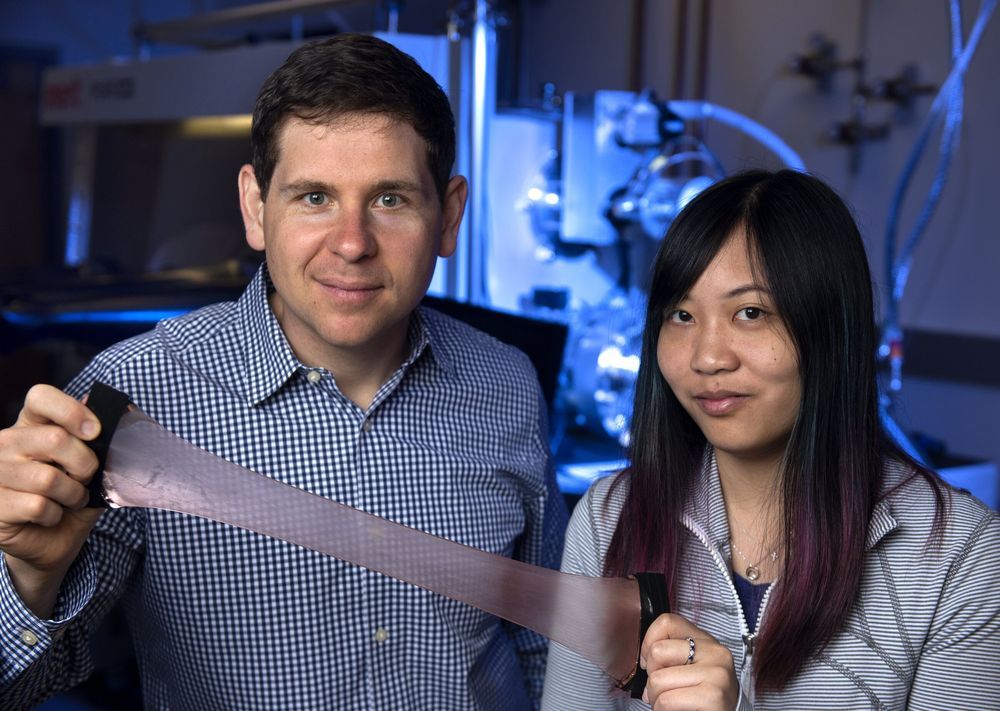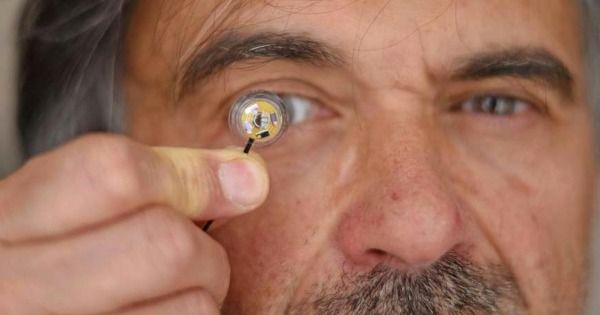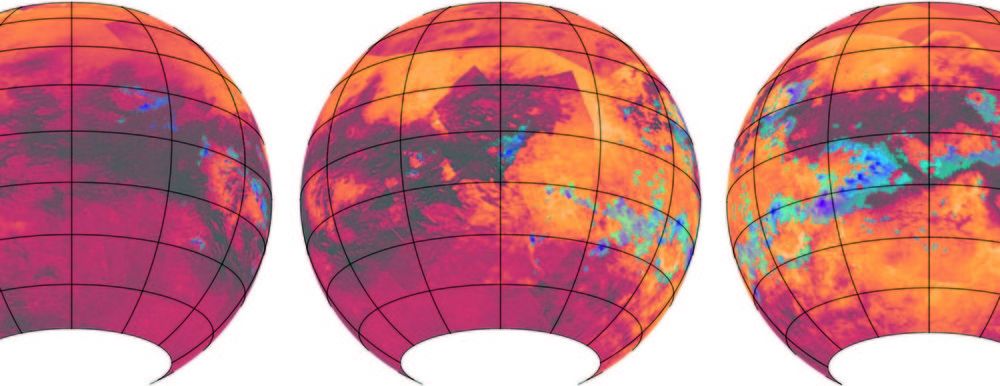The company Algordanza will turn cremated human or animal ashes into a memorial diamond of your loved one — for a price.
Drawing design inspiration from the skin of stealthy sea creatures, engineers at the University of California, Irvine have developed a next-generation, adaptive space blanket that gives users the ability to control their temperature. The innovation is detailed in a study published today in Nature Communications.
MeiraGTx’s founders were interested in those uses; the biotech’s programs today are in diseases of the eye, salivary gland and brain.
But “we wanted to have a broader perspective on how you could potentially use gene therapy” too, CEO Alexandria Forbes says.
That vision is a high-tech, futuristic one, in which the human body can essentially become a medicine-making factory, enabled by gene therapy. But it’ll require more research, and is still years from fruition.
“Smart” contact lenses sound like something from a sci fi movie — but they’re real, and they could help troops in the field.
French engineering school IMT Atlantique revealed what it calls “the first stand-alone contact lens with a flexible micro battery” earlier this month.
And, notably, it caught the attention of the U.S. military’s attention: the Defense Advanced Research Projects Agency (DARPA) is reportedly interested in the contact lens to augment troops’ visual capabilities in the field, according to Task and Purpose — meaning the gadget could represent the augmented contact lens that DARPA has spent a decade searching for.
Weird Flex









